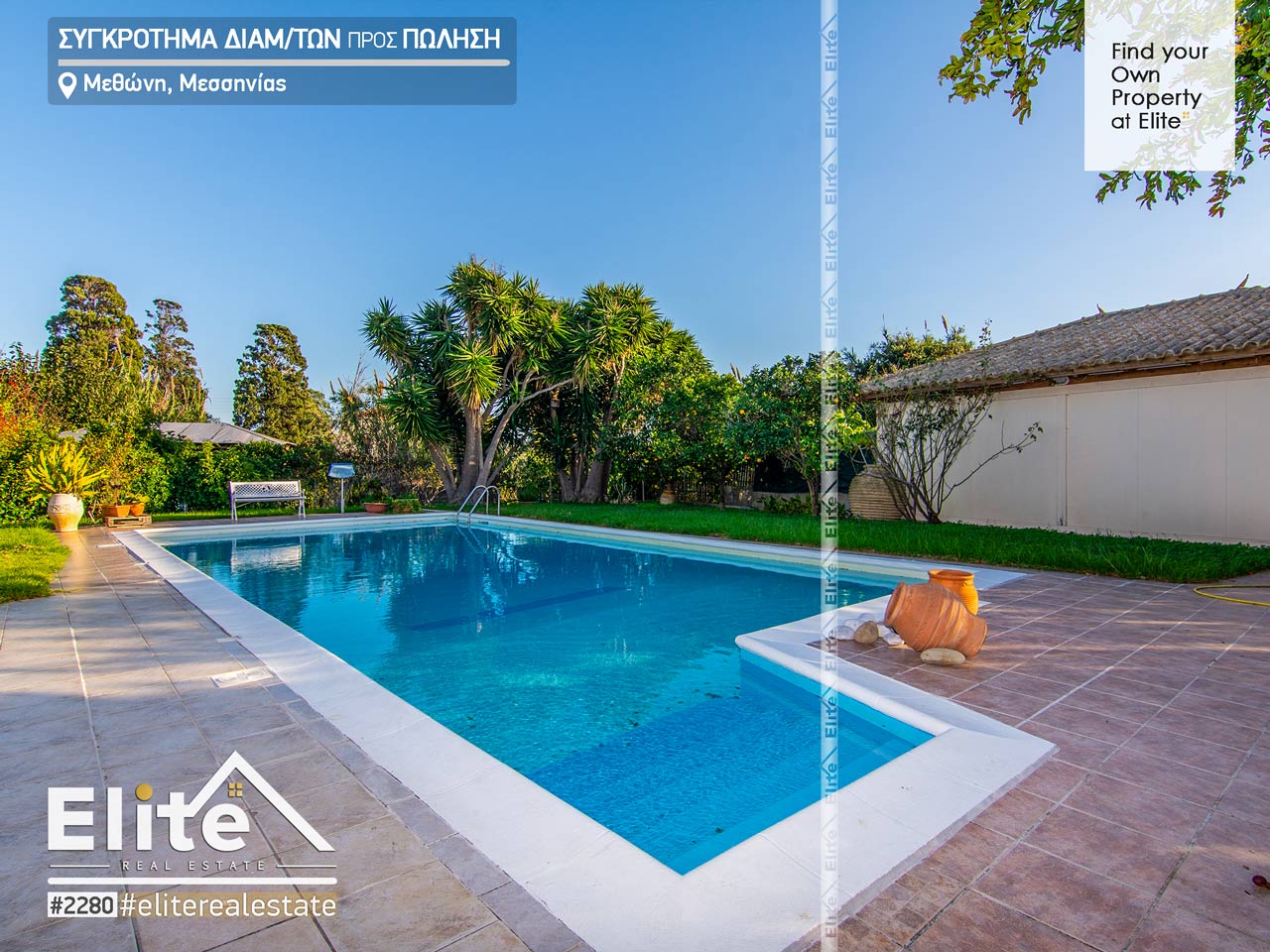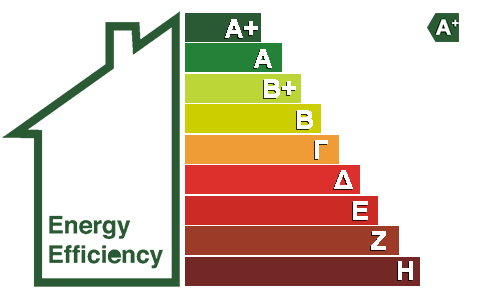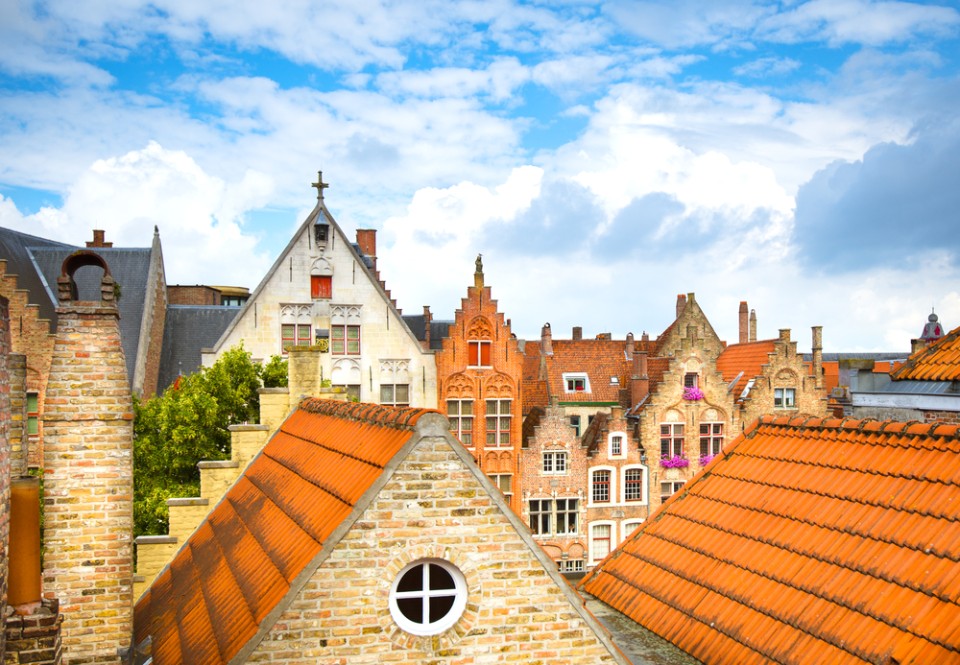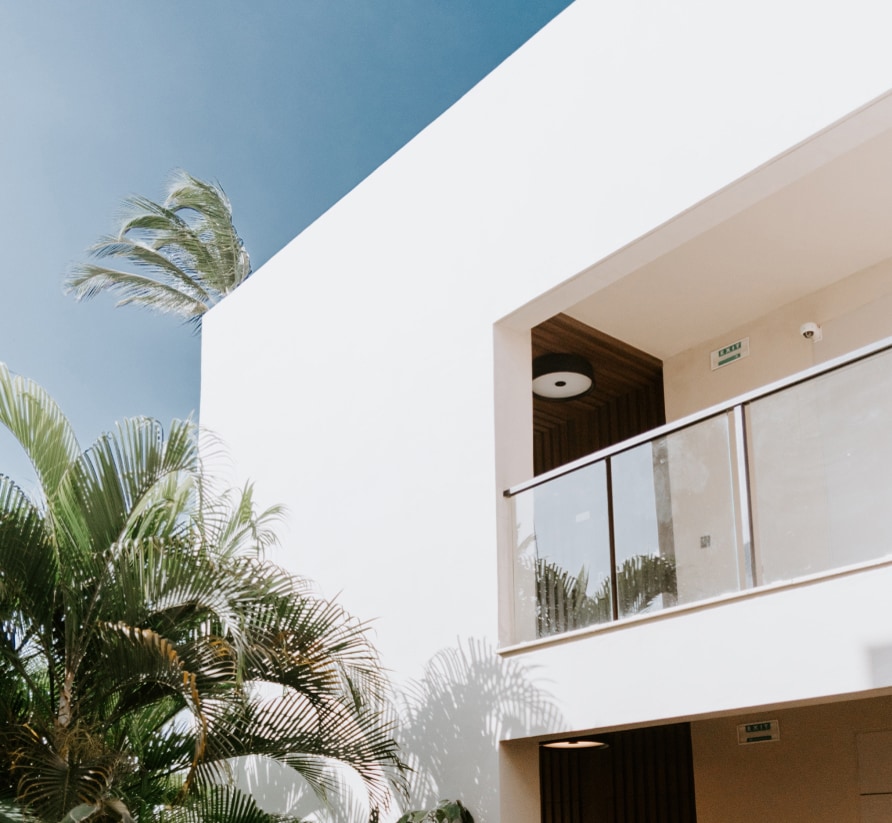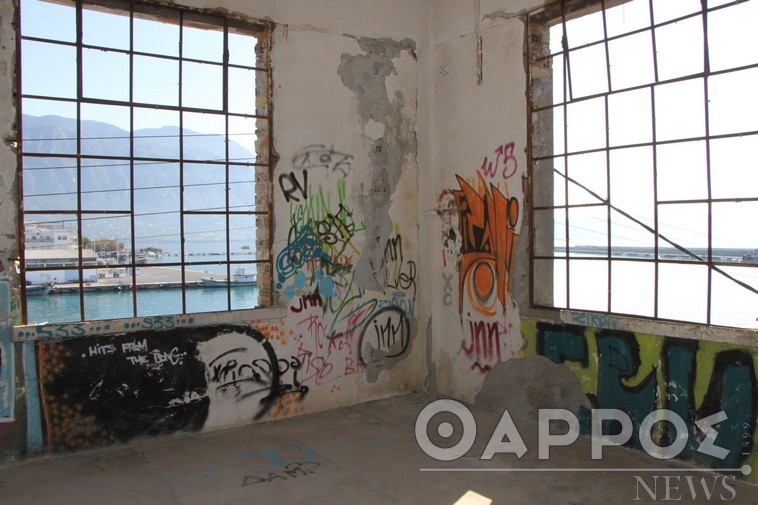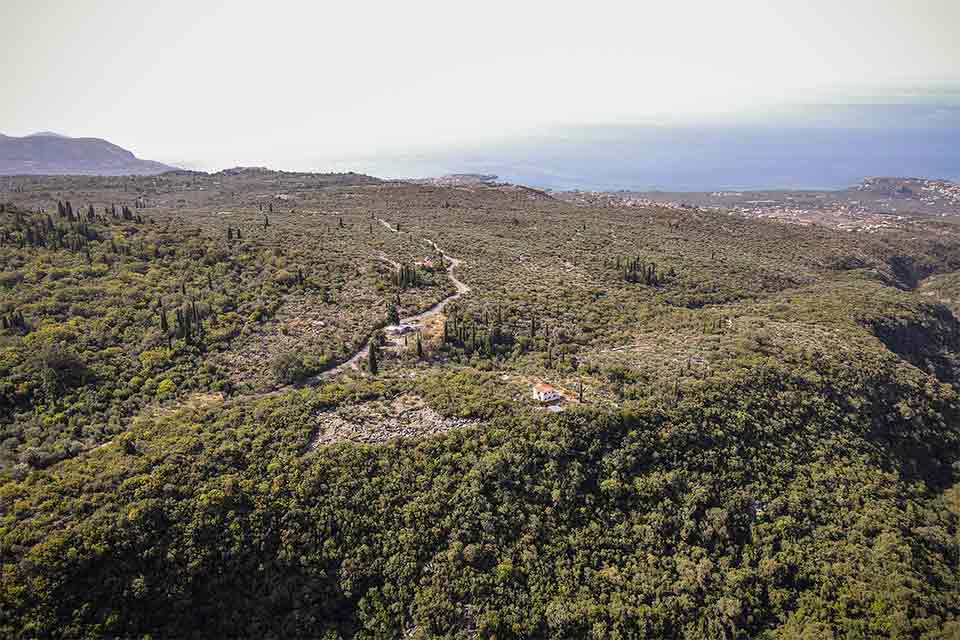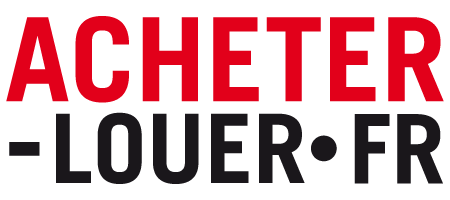- Cost and Taxes
In Belgium, the costs associated with the purchase of a property make up around 15% of the purchase price, including the deed.
The registration tax, which corresponds to the property transfer tax, is 12.5% in Wallonia and the Brussels region and 10% in Flanders. This tax may be reduced to 6 or 5% if and to the extent that a certain cadastral value is not exceeded. However, the reduction only applies if the property is used as a private principal residence.
When purchasing a newly built property, the above registration fees apply to the property. Buildings erected on it are subject to VAT 21%, with a reduction to 6% for the first 50,000.00 euros under certain conditions.
In addition, annual taxes are due on real estate according to the cadastral income. These are structurally related to the German property tax, but are calculated as income (revenu cadastral/kadastraal inkomen). It is a one-off income, although this is not directly related to the actual (utility) value of the property, similar to the German unit value.
When buying a property in Belgium for the purpose of re-renting it on a non-commercial basis, only the income from the land register serves as the basis for taxation. This is an advantage, for example, when buying property without financing, as the taxable income from the land register is usually lower than the rental income. If, on the other hand, there are significant costs to be paid when acquiring the property in the form of financing (interest) and renovation, the principle of cadastral income is substantially more disadvantageous. In the case of commercially leased property, on the other hand, the actual rental income is decisive.
Income from the rental and leasing of Belgian real estate is subject to tax in Belgium in accordance with Article 23(1)(1) of the Belgium-Germany Double Taxation Agreement and is exempt in Germany subject to progression. The resale of undeveloped land within 8 years and developed land within 5 years of acquisition results in value added tax, unless it is residential property used privately by the owner. The speculation tax is imposed under certain conditions (subdivision of land acquired for this purpose, direct resale of property).
2. Broker
Property in Belgium is mainly offered through estate agents. According to the Royal Decrees of 3 August 2007 and 6 September 1993, real estate brokerage is a licensed profession and requires registration with the IPI/BIV (Beroepsinstituut van vastgoedmakelaars). Meanwhile, real estate agents based abroad without a permanent establishment in Belgium can also offer real estate in Belgium through an occasional professional practice. This occasional activity also requires registration with the IPI/BIV.
Under Belgian common law, the seller bears the costs of the estate agent. Other arrangements are permissible, but rare.
Brokers are subject to a strict code of conduct (Code de déontologie/Reglement van plichtenleer), which became law by Royal Decree of 27 September 2006.
The broker must enter into a written contract with his client and inform him in advance of the percentage or amount of the payment. If this is not done in a proper manner, the brokerage contract is null and void and the contractor is not due any fee. The same applies if a broker who is not licensed to practise in Belgium is active.
The broker is usually remunerated on a performance basis as a percentage of the purchase price plus VAT. The fee is between 4% and 5% of the purchase price plus 21% VAT. Since the European Commission fined IPI/BIV on 24 June 2004 because of the standard rates published by IPI/BIV for broker remuneration, there are no longer any formal recommendations on broker remuneration.

